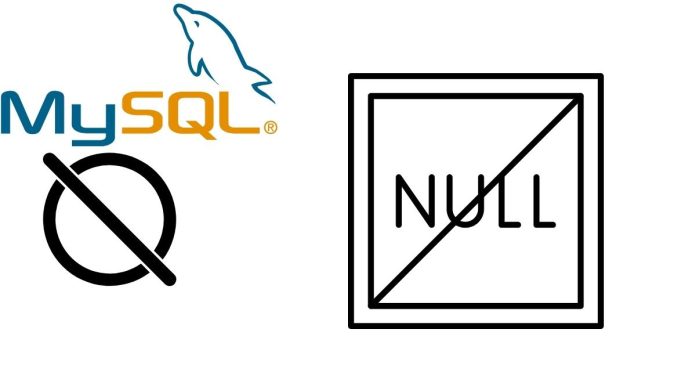To check for both NOT NULL and NOT EMPTY strings in SQL, you can use the following approach:
Check for NOT NULL: Use the IS NOT NULL condition to filter out rows where the column has no value assigned.
Check for NOT EMPTY:
Use the <> ” operator to ensure the column does not contain an empty string.
Alternatively, use the LENGTH() function to verify that the string has a length greater than zero.
By combining these conditions in your WHERE clause, you can effectively select only those rows where the specified column contains a valid, non-empty string value.


